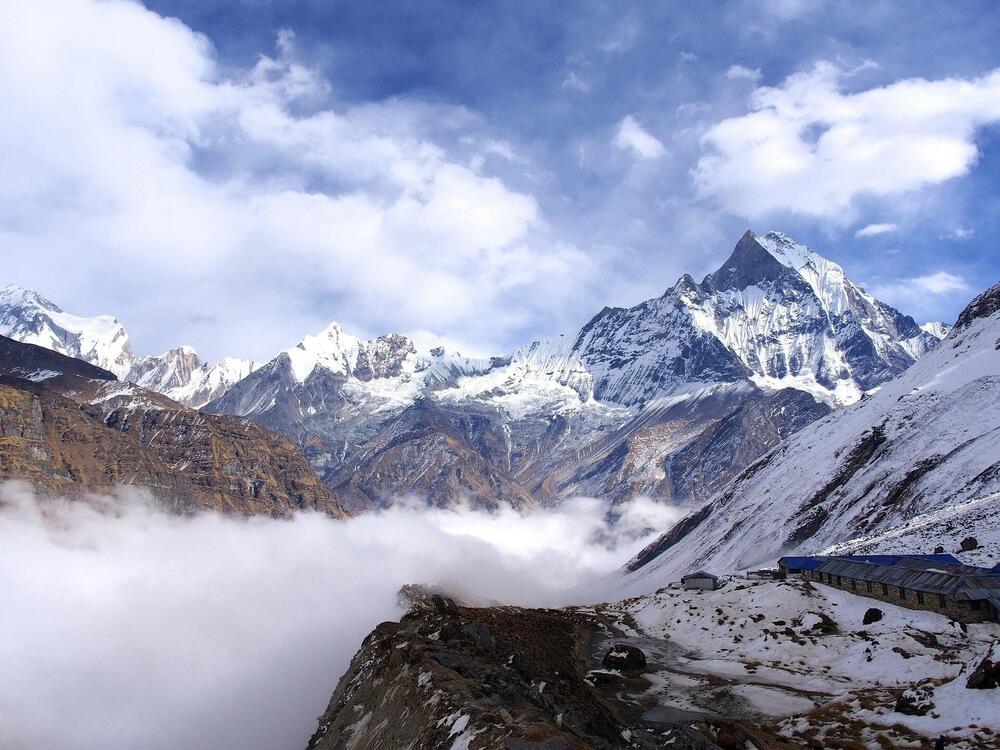Giant mountain ranges at least as high as the Himalayas and stretching up to 8,000 kilometers across entire supercontinents played a crucial role in the evolution of early life on Earth, according to a new study by researchers at The Australian National University (ANU).
The researchers tracked the formation of these supermountains throughout Earth’s history using traces of zircon with low lutetium content—a combination of mineral and rare earth element only found in the roots of high mountains where they form under intense pressure.
The study found the most giant of these supermountains only formed twice in Earth’s history—the first between 2,000 and 1,800 million years ago and the second between 650 and 500 million years ago. Both mountain ranges rose during periods of supercontinent formation.
